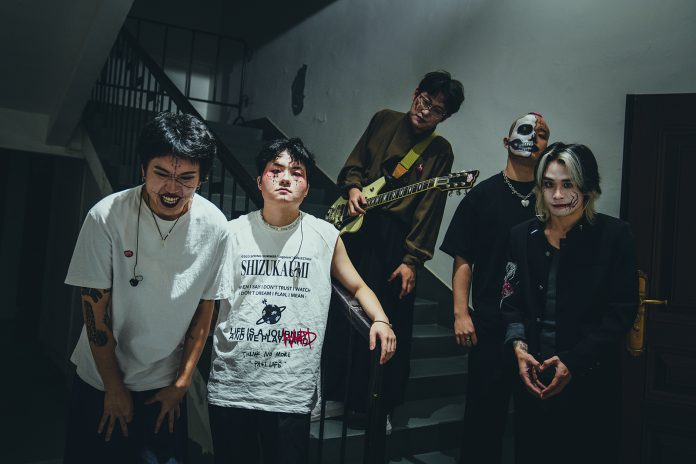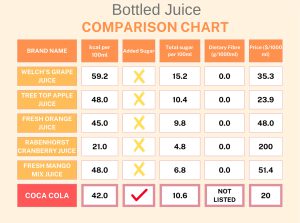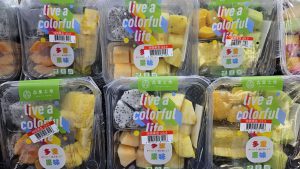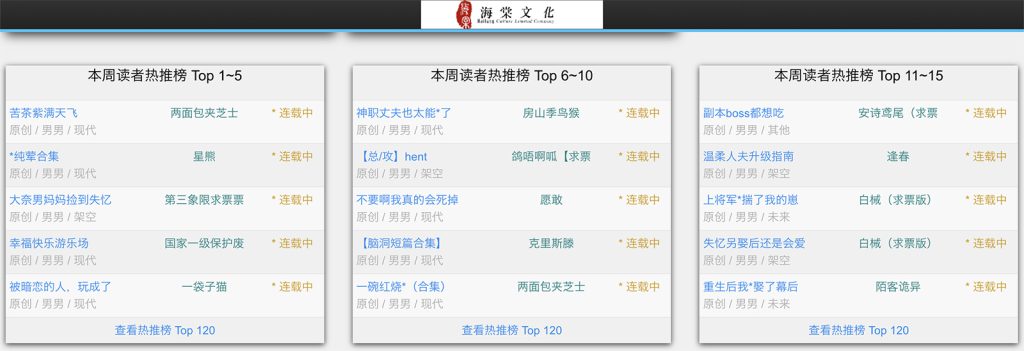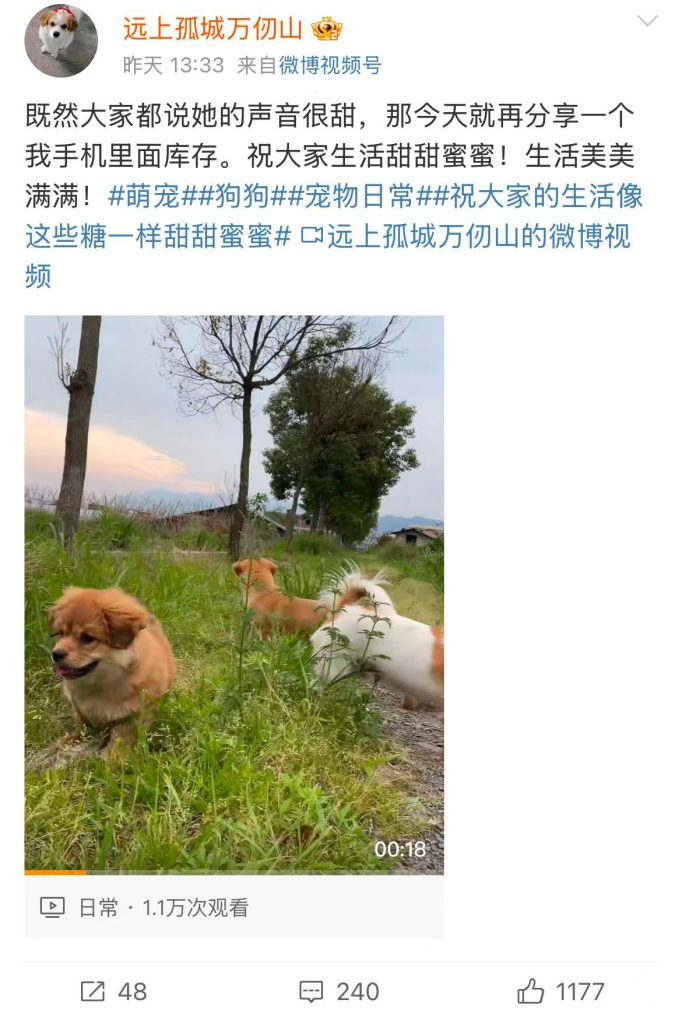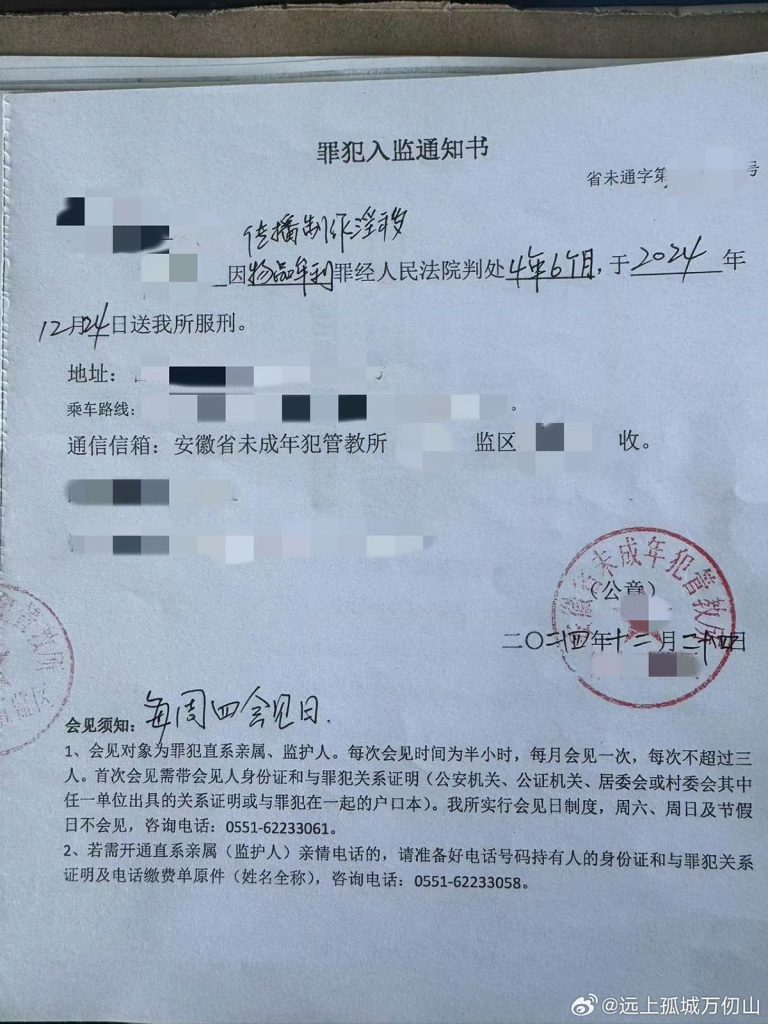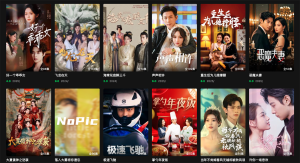FancyWall has carved out its own niche, sharing its journey from classroom to centre stage.
By Ivonne Deng
FancyWall, a Chinese indie band, pledges to keep concert ticket prices low so that more people, especially students, can watch its live performances even though it is famous now and has been recognised by one of the most prestigious music awards.
Formed in August 2015, the band was nominated for Best New Artist at the 2023 MIDI Music Awards, an annual award presented by the Beijing Midi School of Music to honour outstanding musicians in the country since 2009.
“We still hope to bring down the prices of our band performances. We will not raise the price unless we cannot keep us alive,” says Xu Yuhan, the founding member of FancyWall.
A student only needs to pay RMB¥150 (US $20.50), whilst others can watch a live show of the band by paying RMB¥200 (US $27.60). Bands of a similar stature to FancyWall usually have their ticket prices doubled.
Xu, keyboardist of FancyWall, recalls the band was formed when he was a secondary school student with his schoolmates. He is the only remaining founding member, the other current members are guitarist Yang Yutong, lead singer Min Haoyang, bassist Lyu Shang, and drummer Liu Yangming.
The band’s most famous song is the Pink Lightning, which has over 260,000 likes and five thousand comments on NetEase Cloud Music, a leading interactive music streaming service provider in China. Regarded as the most commercially successful song by its fans, the song is about a couple falling in love at first sight and hoping to treasure every moment.
This song is always the highlight of FancyWall’s live performances and the audience would sing along loudly and interact with the band.
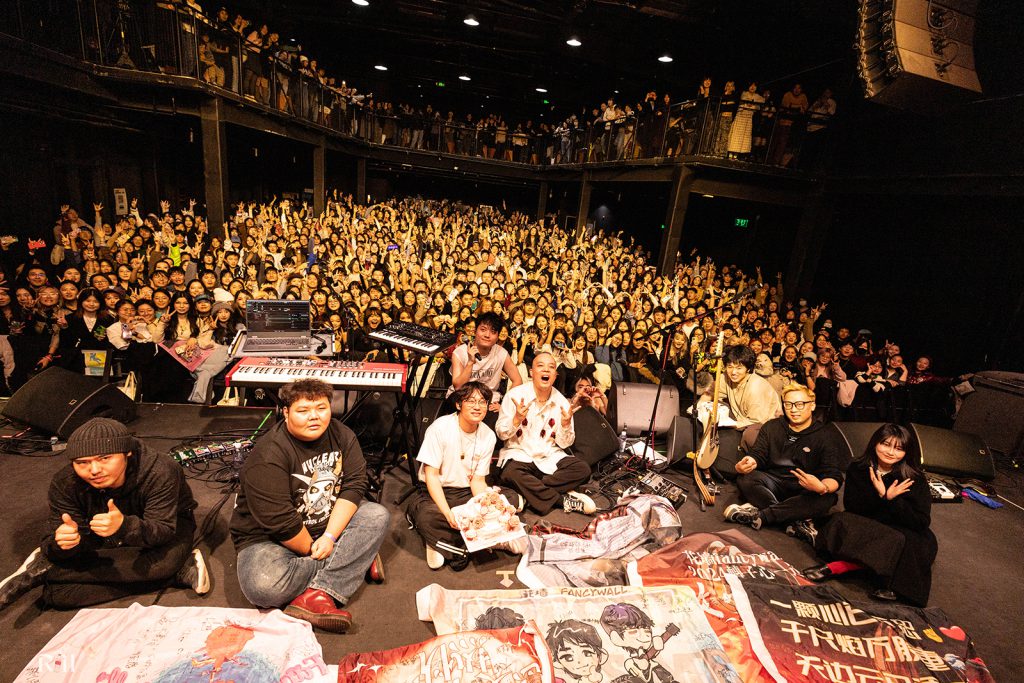
The band believes live performance and a wide variety of music styles are its biggest charms.
“Live shows and recorded music are just like sketching and comics. We have instinctive expressions based on the occasion and audience during live performance, ” Min, the band’s lead singer, says.
Underground bands in the mainland, including FancyWall, have only become popular in China due to the popularity of a famous entertainment show – the Big Band in 2019. Aired between 2019 and 2023, it was one of China’s biggest music competition television shows. Not only making rock music better known in China, the show also brought many less-known rock and indie bands to the fore.
While FancyWall did not get a chance to participate in the show, FancyWall still says thanks to it as many Chinese people become interested in indie music that they would go to small-scale live music clubs to watch live performances of these alternative rock bands.
FancyWall’s keyboardist remembers vividly the live performance marking the release of the band’s first album Millennium Eden in a small venue five years ago.
“On that day, the livehouse was packed with 250 people. I checked everyone’s ticket behind the table, ” Xu recalls.
More people enjoy watching its live performance nowadays. In their latest tour in 2024, FancyWall performed in 22 cities across China in 2024 and each of the 22 performances attracted more than 500 people.
The band’s drummer adds that FancyWall’s audience base has grown and not only students but middle-aged people would also watch its performances.
“Many of them jumped happily during our show,” Liu says.
Apart from live performances, the band’s unique music style also attracts many audiences.
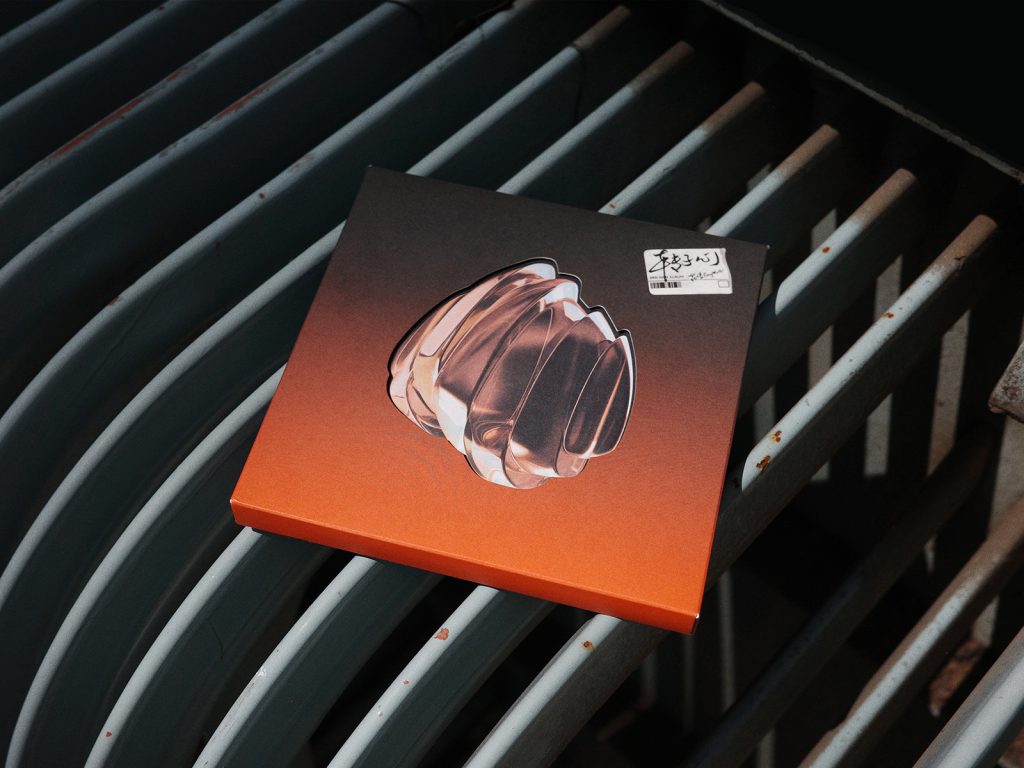
In its third album ROTOR HEART published in 2024, the band members liken themselves to a rotary engine that never stops spinning.
“Diversity is one of the core features of this band. Bands are like movies: comedies, literary films, documentaries, and even commercial romance films. FancyWall is a personal Vlog covering all the elements above,” Min, the lead singer says.
While each band member has his own music preference and style, Min stresses the band has never wanted to simply come up with only one single style but hopes the audience would appreciate a wide range of music.
The band says it is hard to attract a larger audience because the music tastes of many people are relatively restricted.
Vowing to walk its own way, the band stresses it would not just produce music purely for the commercial market.
“If we just ‘cater to’ the market, we can only reproduce the existing music,” Xu adds.
The band is now preparing for their next album after performing in Tokyo and Seoul.
Joining FancyWall when he was a secondary school student, the lead singer urges youngsters to chase their dreams.
“I still highly recommend students to form a band now. It is romantic and touching to do music together with people sharing the same interests,” Min says.
Edited by Daniel Koong
Sub-edited by Cindy Lee
*Theme picture (photo courtesy of FancyWall)





































